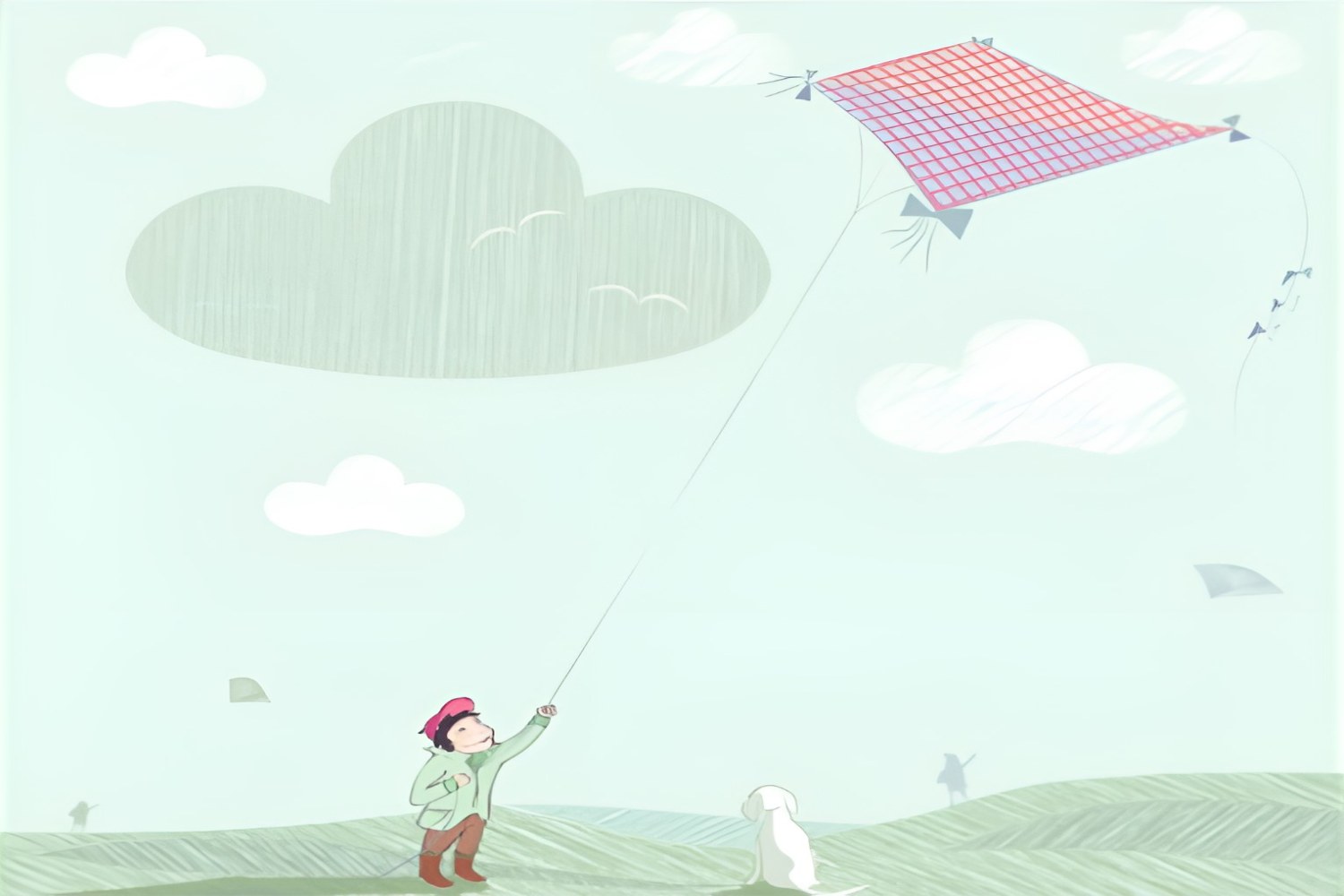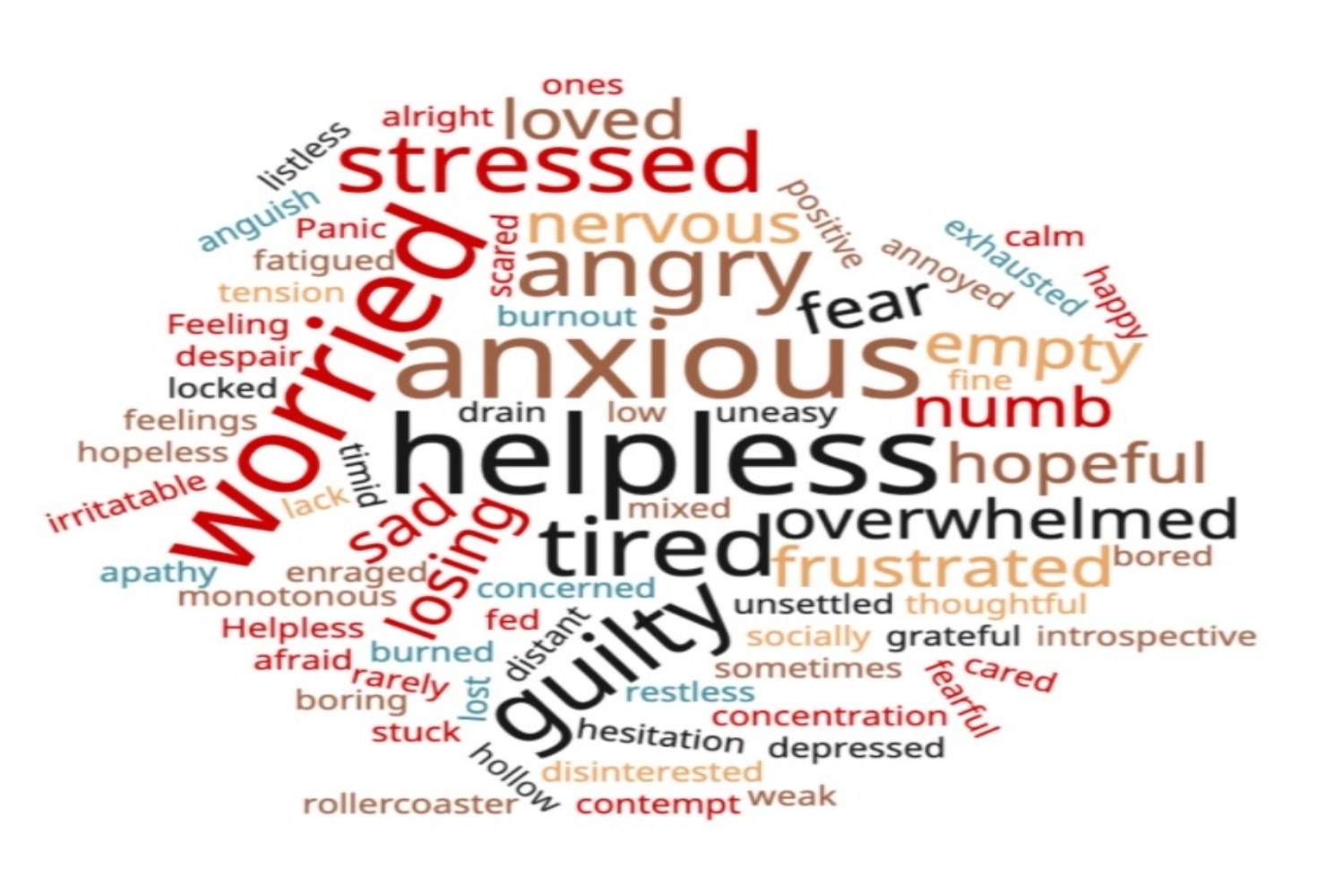Nurturing well-being during this pandemic
The piece by Kapil Dawda argues for fostering a culture of self-care.

‘ Take Care.’ We casually end emails and chats with these two words. But these challenging times have attached so much more meaning to them. While many of us are doing a lot to support the well-being of others, prioritizing our own well-being may have become a challenge. This article talks about a few common questions we have when it comes to taking care of our own and others’ well-being needs.
How can I prioritize my own well-being in these times?
“When others are struggling, it feels wrong to take care of myself. There is so much that needs to be done before I rest. Well-being is a matter of privilege that many others don’t have.” These are a few of the many reasons we give ourselves in these times to not focus on our own well-being practices and rituals.
In such times, I am reminded of a quote from J. D. Salinger’s classic novel, ‘Catcher in the Rye’: “The mark of the immature man is that he wants to die nobly for a cause, while the mark of the mature man is that he wants to live humbly for one.”
We need to balance the aspiration for a better world with the acceptance of how insignificant we are in the face of the magnitude and complexity of its problems. We can only do our best, but we cannot control every outcome.
We are human. Even if we do our best, we will make mistakes and we will not achieve some outcomes. There are limits to our power. We cannot do everything for everyone, but we can do something for someone.
The scale of the current calamity requires a marathon effort from us. We have to find a way to sustain our best efforts for prolonged periods of time. Realigning our expectations in a more realistic way can help us become more self-compassionate and as a result, last for the whole stretch of the marathon.
With this perspective, caring for ourselves becomes an action in service of others. Remember, we cannot keep pouring from an empty cup!
Therefore, we need to be mindful of what our choices today mean for our well-being tomorrow. We have to include ourselves in the ripples of kindness we send out to the world. We have to learn to care, but not carry the responsibilities in a way that wears us down.
What can I do to take care of my mental health?
There are many things we can do to take care of our mental health in these times. We will share a few practices that are relevant and easy to implement.
Practice Grounding and Resourcing: Whenever we face adversity, our mind is biologically programed to react in a flight, fight and freeze manner. Grounding and resourcing are two tools that use the body and mind respectively to help us move away from such a reaction.
Both allow the instantaneous emotion that causes reaction to pass through us and allow us to return to calm and balanced states of being, thereby enabling a better response. Try this short meditation or follow some of these tips to ground and resource yourself!
Be Grateful: Gratitude is about recognizing, feeling, and expressing thanks for all the gifts we have received. Taking out some time every day to acknowledge the blessings, learnings, mercies and protection we have received everyday can have a deep impact on our happiness and well-being. It is not about toxic positivity, where we ignore or deny everything that is going wrong. On the contrary, gratitude helps us to maintain a balanced perspective in difficult situations by not letting the mind fixate on just the bad or the wrong. It helps expand our resilience. Here is a simple way to be grateful everyday !
Embrace Flow: Giving our complete and undivided attention to an engaging, challenging but doable activity is called flow. This could be different for different people – trying to cook something different, designing a support space for your stakeholders, or deeply listening to a close friend. It is the perfect antidote to the ‘blah’ or ‘meh’ feeling you are feeling in these times.
Flow can enhance your creativity, happiness and productivity, all of which we need in plenty in these times! Connect With Your Emotions: Often, we let ourselves be immersed in a tsunami of emotions without observing them, naming them or getting in touch with their sources. This requires our mind to be calm and fully present to our own thoughts and feelings. We can do this through many ways: journaling, meditation, art-based exercises or walking in nature. These practices become the first step to understand our inner world which influences how we see and experience the outer world.
Cultivate Belonging: Authentically connecting with others is as important as connecting with ourselves. Feeling that you belong is important in seeing value in life, and in coping with intensely painful emotions. It may involve being a part of a community of peers, a support circle or spending authentic time with your loved ones. It involves going beyond transactional exchanges, holding space for each other, listening deeply, and validating one another’s experiences.
While these practices can be extremely beneficial, they do not substitute seeking support from a professional in case one is feeling deeply distressed. Check out this guide that helps us decide if we need one! Here are a few reliable mental health helplines based in India should one wish to connect with a professional.
I know all of this, but how do I create time to apply these practices?
It is not about the amount of time we spend on these exercises, but the frequency with which we engage with them. Even doing all of these things once every 2-3 days is a good start. Grounding, resourcing and connecting with our emotions are practices we can try in as little as 2-3 minute intervals when we take breaks from work. With flow, we could choose to do an activity every day with our complete attention. We could start or end our day by expressing gratitude or conversing with a loved one or a friend.
Is there a community where I can find space for my own well-being?
There are many diverse circles that are being organized to offer support, connection and safe spaces to those in need by different individuals/organizations. If you are stretched for time, there is a Personal Well-being WhatsApp community where participants share relevant resources, perspectives and opportunities.
How can I be supportive of others’ mental health?
In these times, the best thing we can do for people is to just be with them, to listen to them, and only with their permission, to guide them to the right support. We should not do or say anything that we ourselves would not wish to experience if we are seeking support. This means we try to keep aside our opinions, our judgment, our analysis and many a time, even our solutions.
One-on-One: We should stay on the lookout if we observe shifts in behaviour of others. If we notice any signs, we should checkin with them by sharing our observations and our willingness to help. This article captures things to keep in mind to have this conversation. Based on the conversation, we can find a way to intervene with the right support, which could also include connecting them to a professional. This interactive tool explores how we can have such a conversation. You can find reliable mental health helplines based in India, should the person wish to connect with a professional.
Group: If there is a space where we bring our team or stakeholders together, it is essential to create time to allow members to surface how they are feeling and why. The sheer act of being listened to can be very beneficial. Here are a few tips to keep in mind while holding such a space for groups you work with. In these spaces, we can also stay on the lookout for any warning signs evident in a particular individual’s behaviour that may require us to have a one-on-one check-in thereafter.




No approved comments yet. Be the first to comment!